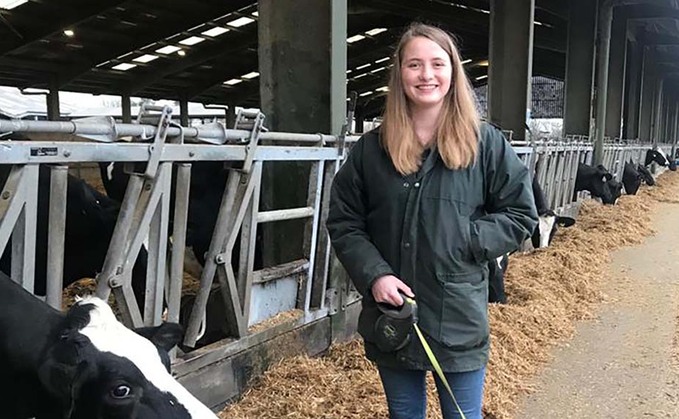
Carving a career path in farming has not been without its challenges for Liz Tree, 23, who grew up Croydon, South London. In fact, she is sure plenty of her teachers thought she was mad. But after being...

Carving a career path in farming has not been without its challenges for Liz Tree, 23, who grew up Croydon, South London. In fact, she is sure plenty of her teachers thought she was mad. But after being...

PEDIGREE HEREFORD BULL FOR SALE

PEDIGREE HEREFORD AND ANGUS BULLS FOR SALE

REGISTERED SHEEPDOG PUPS